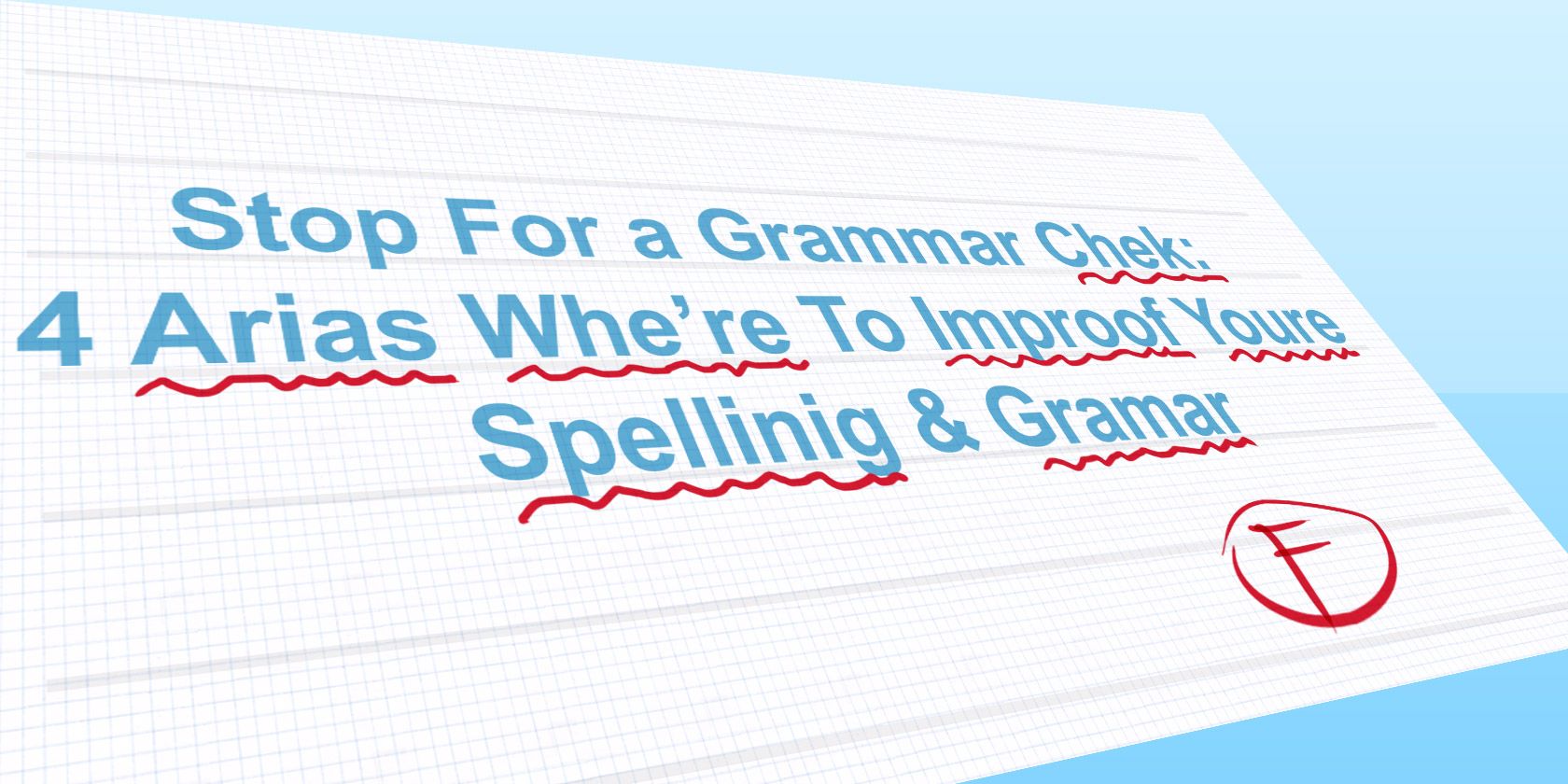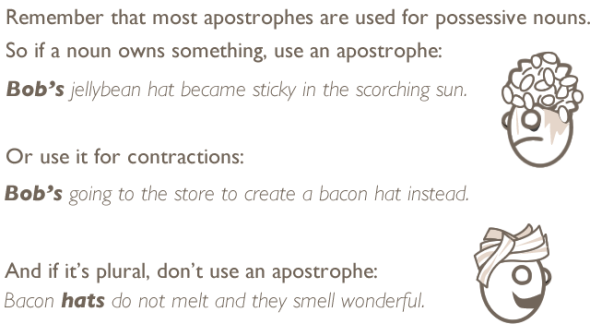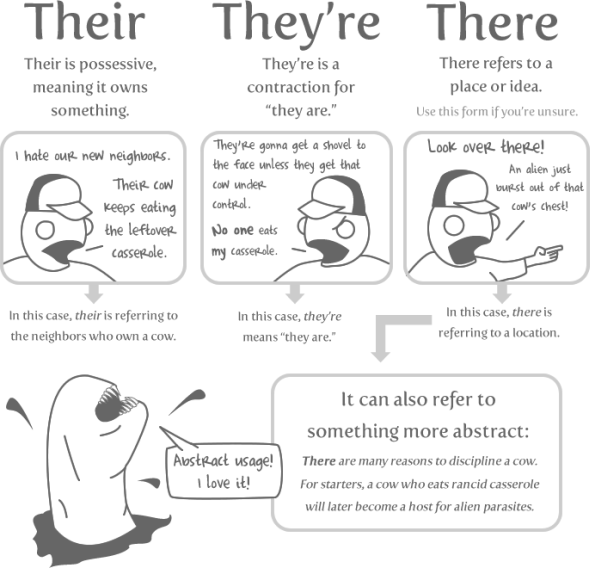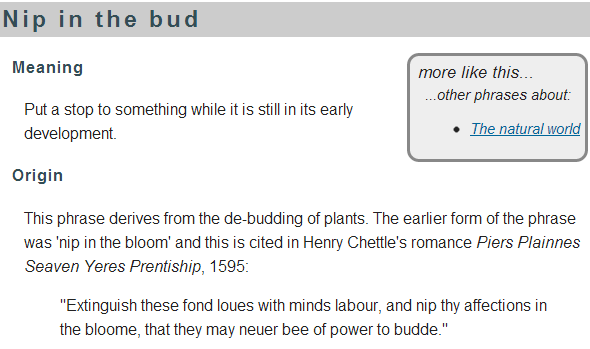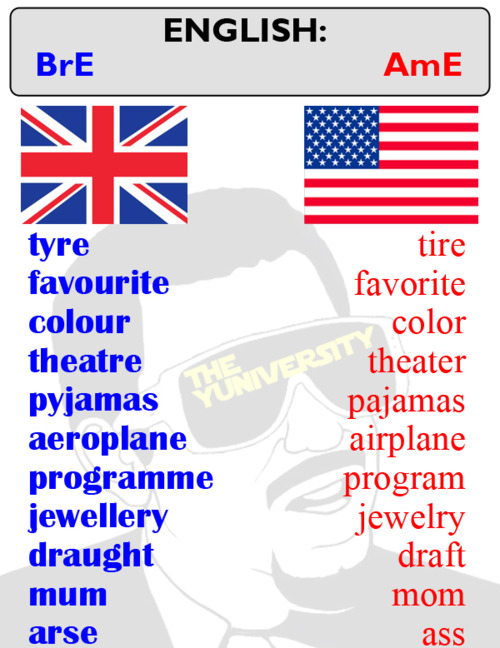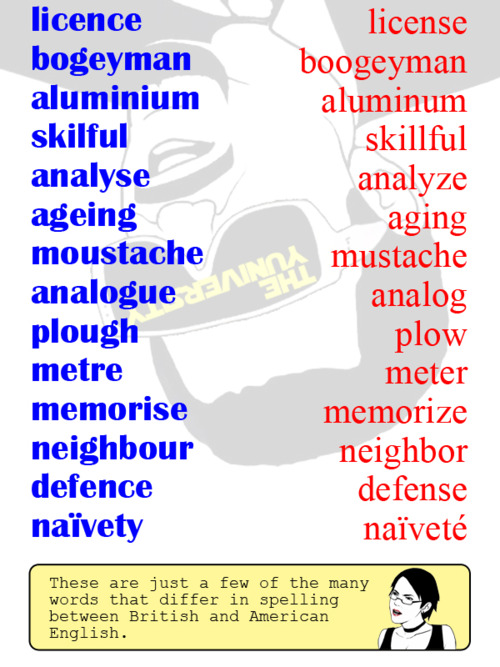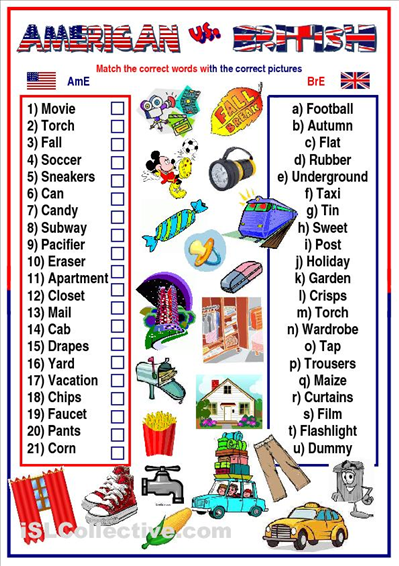Being a freelance writer or journalist isn't easy, particularly if you write in a language that isn't your mother tongue. Yet, many foreign speakers are tempted to write in English because it promises a greater audience and thus better opportunities to earn a living. The drawback is that we are constantly struggling with the details of the little devils in the language.
Regardless of how long, how thorough, or how well you have studied and mastered a foreign language, you're always at a disadvantage to a native speaker. In writing, the accent is easily hidden, but the written word reveals many subtle misconceptions. That's why you should always consult an online translation tool.
Many more tools can help you correct slips of the pen and ensure you use proper English. Only few of these tools will catch your misuse of apostrophes, common phrases, or homophones and thus cannot help you gain a deeper understanding of the language. Not surprisingly, native speakers are just as prone to making careless mistakes, which is why this little resource will be useful for any writer.
The Proper Use Of Apostrophes
This is a huge pet peeve of mine and few people seem to get it right. Plurals (almost) never see an apostrophe. Possession and contractions on the other hand are (almost) always indicated by the presence of an apostrophe. Unfortunately, there are exceptions.
The Oatmeal provides a great overview on how to use an apostrophe, including exceptions to the general rule.
Catching Homophones
Probably the most common homophones are there, their, and they're, closely followed by your and you're, as well as it's and its. You see the problem, don't you? They sound the same, but they don't mean the same. Any tool just correcting your spelling won't detect those mistakes because these words are all spelled perfectly fine.
Unless you're using a good grammar checker that can perform contextual spell and grammar checking, you'll have to consciously watch out for these common pitfalls. You can find more examples in a comic of the Oatmeal highlighting 10 words you need to stop misspelling. Finally, this comprehensive list of homophones on Wikipedia reveals them all.
Phrases
Every language has common phrases that are used in passing to express a general idea. When the origin is forgotten or the true meaning is confused, errors creep in. For example would you know why people say "Nip it in the bud" or would you have written "Nip it in the butt"?
Lifehack has revealed 25 common phrases that you're saying wrong. And if you are ever unsure, you can use The Phrase Finder to search proverbs and phrases and find their origin and correct use.
British vs. American English
Sometimes even the spell checker is wrong! The default language in my browser's spell checker, for example, is American English (AE). Whenever I edit work from someone using British English (BE), the text is sprinkled with red squiggly marks, even when there isn't a single mistake. Since you are using either one or the other, it's worth knowing the main differences between AE and BE. So here is a quick summary:
- AE has simplified many words, for example by dropping the 'U' in words like harbour or flavour.
- Similarly, nouns that end in -ogue in BE, end in -og in AE, for example "dialog" vs. "dialogue".
- Moreover, AE uses a simple -k or -ck ending to replace the -que common in BE, as found in "check" vs. "cheque".
- In line with simplification, some words retain a single 'L' in AE when a suffix is added, while in BE the 'L' is doubled, as in "signalling" (BE) or "labelling" (BE). However, there are many examples where it's the other way around, such as in "skillful" (AE) or "fulfill" (AE).
- In verbs, AE uses -ize instead of the BE -ise, for example "legalize" vs. "legalise".
- The preference for "S" in AE is found again in the ending -ense, which replaces the BE -ence, for example "defense" vs. "defence".
- In AE, nouns tend to end in -er instead of -re, for example "meter" vs. "metre".
And then there are a host of other words that are just spelled vastly different in BE vs. AE.
Once you have mastered the spelling, you can advance to studying the differences in vocabulary. Oh the fun!
And remember it doesn't stop at British vs. American. English comes in so many different variations, it's easy to get confused! Fortunately, you don't have to know them all, you should just be consistent and stick with one flavor of the English language. And if in doubt, you can always consult The YUNiversity of Righteous Grammar. Now don't get me started about punctuation...
Conclusion
Language is a complex subject. Especially the English language, with all its inherent exceptions and local peculiarities, is a great challenge for foreign and native speakers alike. With over a million words, it's also one of the more wordy languages. And unlike common perception might indicate, it only keeps growing in size and complexity.
What was your biggest A-ha! effect in this article? And how do you ensure correct spelling and grammar in your writing?

